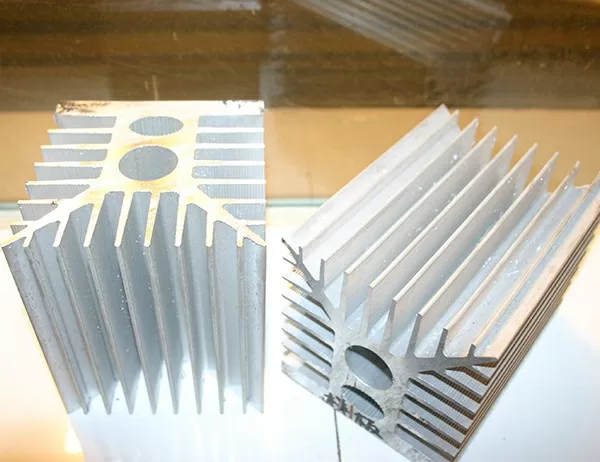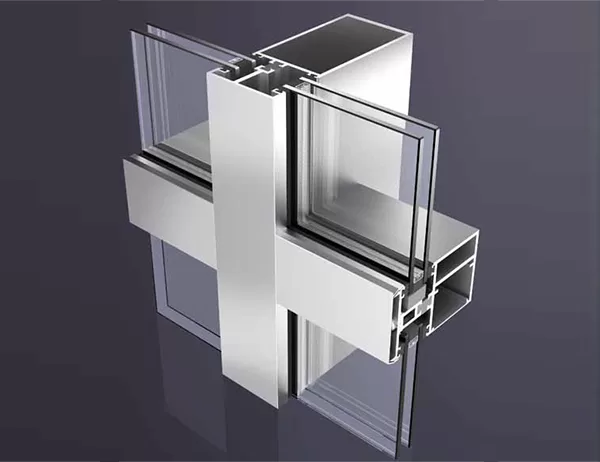When it comes to solar energy systems, the choice of framing material is a crucial decision. Two popular options are aluminum and steel, each with its own advantages and disadvantages. Understanding the differences between these materials can help you make an informed choice for your solar installation.
Weight
Aluminum is a lightweight material, making it easier to handle and install. This can be particularly advantageous for large solar arrays or projects on rooftops. Aluminum frames weigh significantly less than steel frames, reducing the overall weight load on the structure.
Strength
Steel is a stronger material than aluminum, offering greater durability and stability. Steel frames can withstand higher wind loads and extreme weather conditions, making them more suitable for areas prone to hurricanes or earthquakes. However, the increased strength of steel comes with a trade-off in weight.
Corrosion Resistance
Aluminum is highly resistant to corrosion, making it ideal for outdoor applications. It is not affected by moisture or salt spray, which can cause damage to steel frames over time. As a result, aluminum frames require less maintenance and can last longer in harsh environments.
Conductive Properties
Aluminum is a good electrical conductor, while steel is a poor conductor. This difference can impact the electrical performance of the solar system. Aluminum frames can help reduce voltage drops and improve energy efficiency. However, in some cases, the low conductivity of steel frames can be an advantage, as it helps to prevent electrical shorts.
Cost
Aluminum frames are typically more expensive than steel frames. The cost of aluminum has been rising in recent years, making steel frames a more affordable option for some projects. However, the higher upfront cost of aluminum frames can be offset by their lower maintenance costs and longer lifespan.
Aesthetics
Aluminum has a clean and modern appearance, while steel frames can have a more industrial look. Aluminum frames are available in a variety of finishes, allowing you to choose the style that best complements your property.
Sustainability
Both aluminum and steel are recyclable materials. Aluminum recycling rates are typically higher than those of steel, making it a more sustainable option. However, steel frames can be recycled indefinitely, making them a durable and environmentally friendly choice in the long run.
Conclusion
Choosing between aluminum and steel solar frames depends on your specific needs and preferences. If weight, corrosion resistance, and electrical performance are priorities, aluminum is a good option. If strength, affordability, and durability are more important, steel frames may be the better choice. By considering the factors discussed above, you can make an informed decision that meets the requirements of your solar project.




